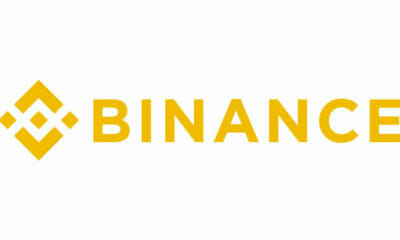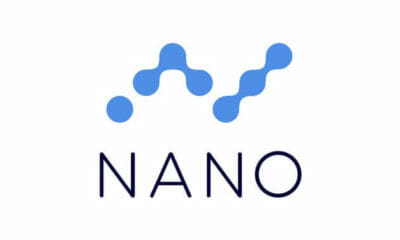On February 13th, 2018, the creators of popular encrypted messaging app Telegram filed a Notice of Exempt Offering of Securities with the US Securities and Exchange Commission (SEC). Under SEC exemption Rule 506(c), they reported raising $850 million from 81 investors for “the development of the TON Blockchain, the development and maintenance of Telegram Messenger.”
Purchase Agreements for Cryptocurrency filed under the 506(c) exemption, limits US investment to only “accredited investors.” An accredited investor is a subset of investors who must have a net worth of more than $1 million or an annual income of $200,000 per year. Filing with the SEC signals that the creators of Telegram, Pavel and Nikolai Durov, are prepared for US citizens to legally invest in the TON initial coin offering (ICO).
Due to the popularity of the encrypted messaging app Telegram amongst the cryptocurrency community TON’s ICO is one of the most anticipated coin offerings ever. As we previously reported, the ICO is expected to make history raising a record $2 billion from investors around the globe.
In December of 2017, rumors of Telegram’s ICO started to circulate throughout the internet even resulting in a leaked copy of TON’s whitepaper. Due to Telegram’s tremendous popularity within the cryptocurrency community, It quickly became the most anticipated ICO to date. As we previously reported, the ICO is expected to make history raising a record $2 billion from investors around the globe.
TON’s Product Roadmap
- Q1 2018 — secure ID launch
- Q2 2018 — MVP of test of network of TON
- Q3 2018 — testing and security audit for TON
- Q4 2018 — stable version of TON deployed
- Q4 2018 — Telegram wallet launched
- Q1 2019 — TON-based economy goes live inside Telegram
- Q2 2019 — TON services, storage and proxy launched
The company intends to rename TON to ON by 2021, citing Telegram will step away from the project and the network will be managed by its foundation.
In the whitepaper the company wrote:
“Telegram will serve as a launch pad for TON, ensuring its technological superiority and widespread adoption on the initial stages, but the future of TON is in the hands of the global open-source community,”
Some of the identities of the initial 81 investors have started to leak out via a Russian news outlet Vedomosti. They include a Russian billionaire Roman Abramovich, QIWI (a Russian payment service provider) CEO Sergei Solonin, and Wimm-Bill-Dann (a Russian dairy product company) co-founder David Yakobashvili.
Vedomosti reported that Abramovich may have invested as much as $300 million into the project. Solonin reportedly invested $17 million and Yakobashvili reportedly invested $10 million.



















